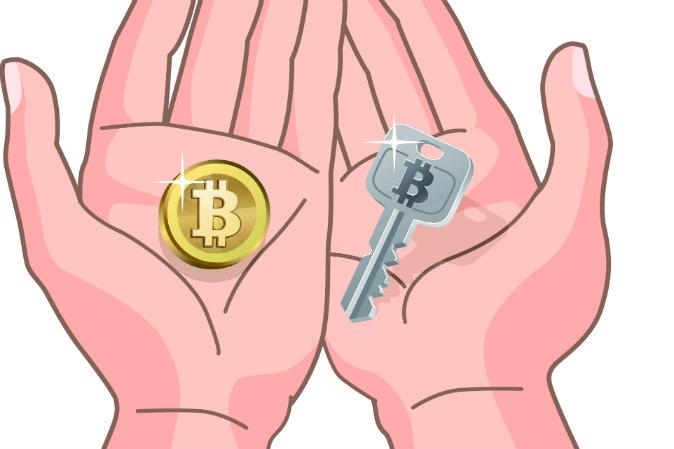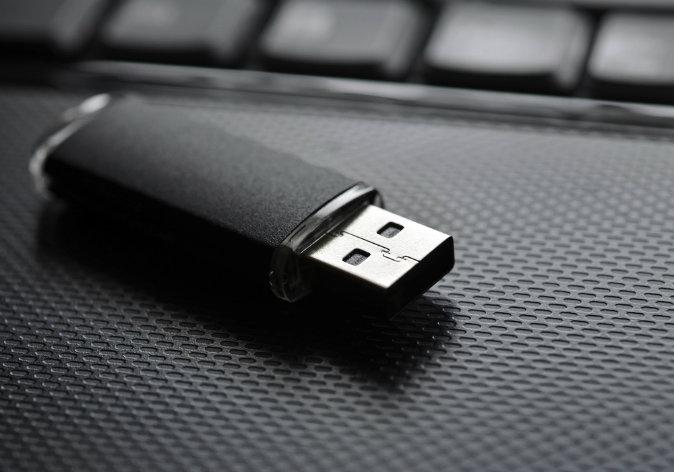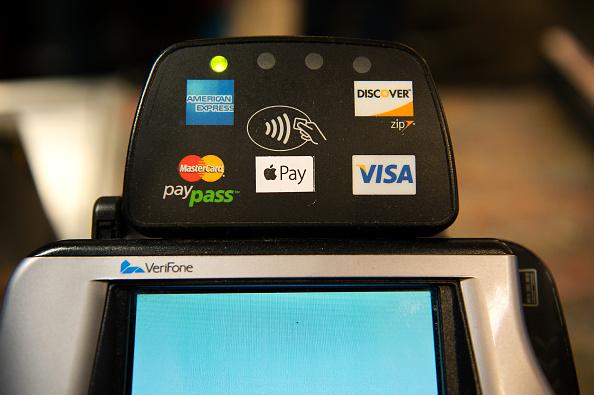As more people invest in bitcoin and other cryptocurrencies, security is a concern for the uninitiated. Established online security behavior is not always enough to protect assets. Here are some tips for keeping bitcoin investments safe.
1. Check Whether a Bitcoin Company is Registered
Trust is something that is usually gained over time, so it is important to research any company that handles your bitcoins. Before setting up an account, check to see if the business is registered, get a trusted reference, and research the company and its owners.
2. Keep Your Key Locked Up

An illustration of the concept of a bitcoin private key. (Shutterstock)
A private key is what gives a user access to a wallet. With a private key, anyone is able to access the contents of a wallet. As such, private keys should not be shared among users, and the keys should always be kept in safe places.
The private key is usually contained within the wallet, but there are utilities that will allow a user to export a private key. Once exported, it can be printed or saved to a file and then encrypted. For added security, password protect the file and then back it up.
Sam Cole, of KnCMiner, a company that builds mining equipment for bitcoins, said in a email: “Backups mean nothing. Restore means everything.” So users should make sure they are able to restore data from a backup.
3. Don’t Put All Your Eggs in One Basket

Eggs in a basket. (Shutterstock)
Cole also said that users should have a few wallets, and only ever travel with as much coins as they are willing to lose if their phones or tablets get lost or stolen.
4. Use an Offline Wallet

A USB flash drive. (Shutterstock)
An offline wallet is a secure place to store bitcoins that are not being used. An offline wallet can be a USB key or an SD card.
5. Dedicated Computer or Live CD

File photo of a CD. (Shutterstock)
Similar to online banking best practices, it is a good idea to dedicate a computer to use only for bitcoin transaction. So, no browsing or playing games, check for computer updates before beginning a session, use direct links and don’t open any email attachments from that computer.
If users cannot get a dedicated machine, they can use a Live CD. The CD will load into an operating system, and users can do their online transactions all from the CD.




